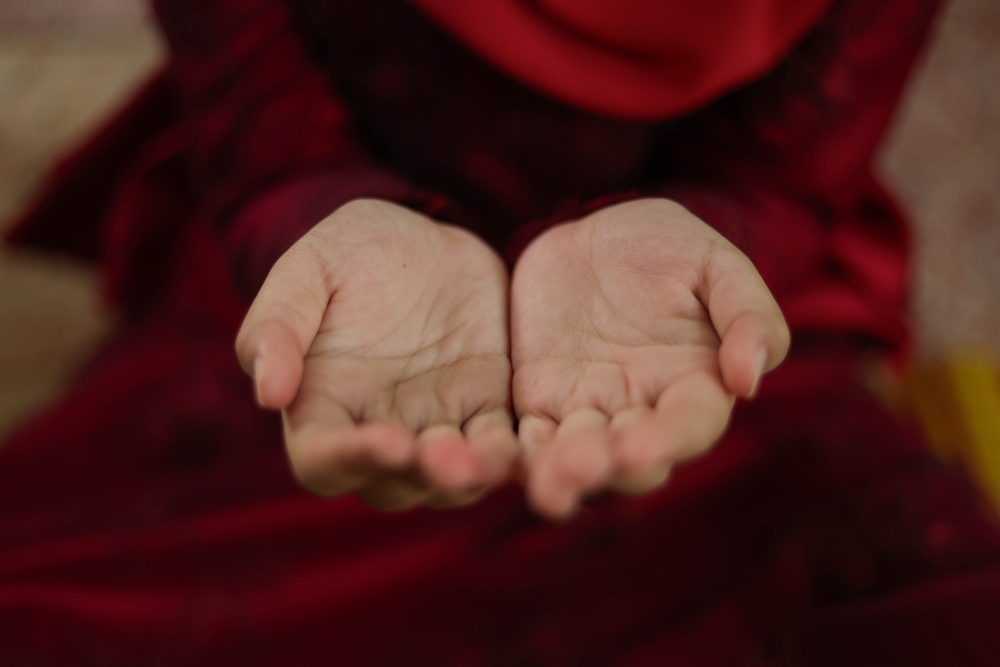What Does “In the Name of Allah” Mean in Supplications?
Answered by Shaykh Yusuf Weltch
Question
How do we understand supplications and verses of the Quran and Hadith that refer to doing something in the Name of Allah?
Answer
In the Name of Allah, the Most Merciful and Compassionate.
The Messenger of Allah (may Allah bless him and give him peace) said, “No slave (of Allah) says every morning and night, ‘In the Name of Allah with whose Name nothing in the heavens and earth can harm. And He is the All-Hearing and All-Knowing…’ three times, nothing will harm them.” [Tirmidhi]
“بِسْمِ اللَّهِ الَّذِي لَا يَضُرُّ مَعَ اسْمِهِ شَيْءٌ فِي الْأَرْضِ وَلَا فِي السَّمَاءِ وَهُوَ السَّمِيعُ الْعَلِيمُ”
“Bismillāh alladhī lā yaḍuru maʿ ismihi shayyʾun fi al-arḍi wa lā fī al- samāʾi wa Huwa al-Samīʿ ul-ʿAlīm.”
Ibn ‘Allan, in his commentary on the Hadith, said, “The saying ‘with whose Name nothing…can harm’ means: While mentioning His Name along with proper beliefs and good intentions, no food or enemy from the animals or other than them, in the lower realm – indicated by His saying ‘earth’ – or the higher realm – indicated by His saying ‘heavens’ – can harm.” [Ibn ‘Allan, al-Futuhat al-Rabbaniya]
Advice
I would advise taking lessons on Islamic Beliefs so you can learn with clarity the tenants of true faith and what constitutes disbelief (kufr) or associating partners (shirk). Consider the classes offered at SeekersGuidance.
Hope this helps
Allah knows best
[Shaykh] Yusuf Weltch
Checked and Approved by Shaykh Faraz Rabbani
Shaykh Yusuf Weltch teaches Arabic, Islamic law, and spirituality. After accepting Islam in 2008, he completed four years at the Darul Uloom Seminary in New York, where he studied Arabic and the traditional sciences.
He then traveled to Tarim, Yemen, where he studied for three years in Dar al-Mustafa under some of the most outstanding scholars of our time, including Habib Umar Bin Hafiz, Habib Kadhim al-Saqqaf, and Shaykh Umar al-Khatib.
In Tarim, Shaykh Yusuf completed the memorization of the Quran and studied beliefs, legal methodology, hadith methodology, Quranic exegesis, Islamic history, and several texts on spirituality. He joined the SeekersGuidance faculty in the summer of 2019.
